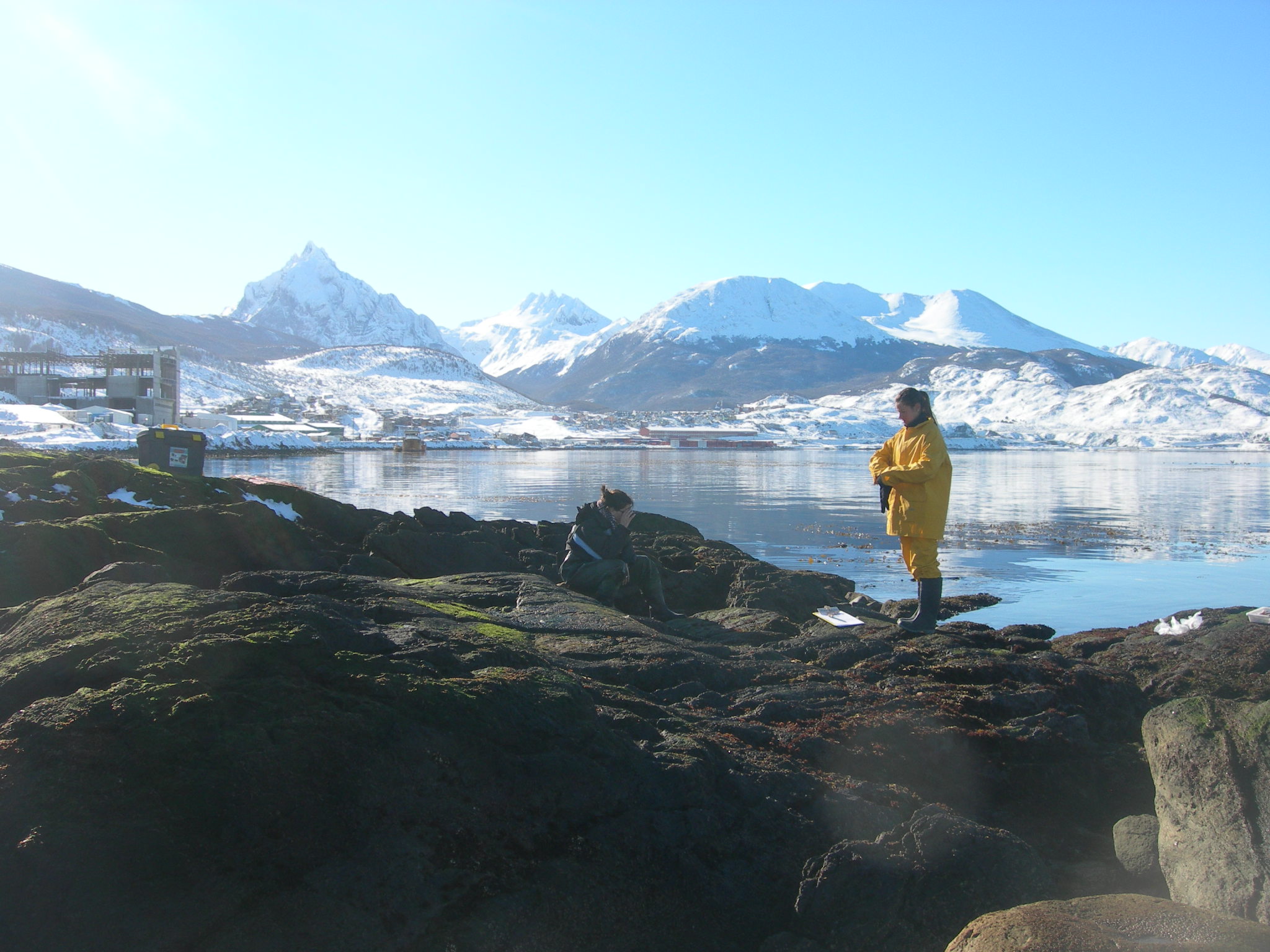ioc_programmeObis
Courses tagged with "ioc_programme::obis"

SP_OBIS2024ES
Fundamentos para la publicación de datos de biodiversidad marina en OBIS
Summary
Este curso autodidacta en español, está diseñado para todos aquellos interesados en familiarizarse con la publicación de datos a través de la red global de OBIS, especialmente en Latinoamérica. Mediante cinco módulos, se presenta a los usuarios la iniciativa OBIS y se les introduce en el contexto de los estándares de datos, la estructura y formato de tablas de datos; y la aplicación de los pasos básicos de control de calidad requeridos por OBIS. Así mismo, se da a conocer el proceso de publicación, y se enseña a acceder, interpretar y visualizar los datos mediante las diferentes fuentes y herramientas que ofrece OBIS.
Resultados del Aprendizaje
- Conocimiento sobre OBIS, su misión, objetivos, estructura, y cómo contribuir a la red.
- Entendimiento sobre la importancia de las normas internacionales y las mejores prácticas relacionadas con los datos de biodiversidad marina.
- Comprensión acerca de los tipos de datos marinos aceptados por OBIS.
- Conocimiento sobre las generalidades de los estándares Darwin Core, EML y Archivo Darwin Core.
- Entendimiento de los fundamentos del estándar Darwin Core para dar formato a los registros de ocurrencia de especies, eventos, y parámetros biológicos y ambientales adicionales.
- Comprensión general de los controles de calidad necesarios con respecto a los campos requeridos por OBIS y del uso de herramientas para este fin.
- Conocimiento sobre el proceso de publicación de conjuntos de datos a través de IPT para contribuir a OBIS.
- Capacidad de usar las distintas herramientas de acceso y visualización de datos OBIS.
Público Objetivo
Cualquier persona de habla hispana interesada en contribuir y/o acceder a datos de biodiversidad marina, entre ellos:
- Investigadores o profesionales.
- Estudiantes de pregrado y posgrado.
- Gestores de datos de biodiversidad.
- Ciudadanos interesados en ciencia participativa con datos marinos.
Idioma: Español
Instructores
- Erika Montoya-Cadavid (OBIS Colombia)
- Martha Vides Casado (OBIS Colombia)
- Carolina Peralta Brichtova (OBIS Caribe)
- Jeannette Pérez (OBIS Caribe)
- Joxmer Scott-Frías (OBIS Caribe)
- Pamela Hidalgo Díaz (ESP-OBIS)
- Pedro Aros-Mardones (ESP-OBIS)
- Braulio Fernández (ESP OBIS) - OBIS certified
- Ignacio Ibáñez Lara (ESP-OBIS) - OBIS certified
Cómo inscribirse
Regístrese en el sitio web de OceanExpert (www.oceanexpert.org). Una vez que se apruebe su cuenta de OceanExpert (esto no se realiza de inmediato), puede inscribirse por su cuenta en el curso. Si ya tiene una cuenta de OceanExpert, puede inscribirse por su cuenta en el curso utilizando su nombre de usuario y contraseña de OceanExpert.
La inscripción está disponible desde 4 octubre 2024 hasta el 15 de enero de 2025.
- Paso 1. Inicie sesión en OceanTeacher y luego acceda a la página del curso.
- Paso 2. Haga clic en autoinscripción. La clave de inscripción para el curso es: INVEMAR**OBIS2024
El curso a su propio ritmo estará abierto hasta el 30 de enero de 2025 (23:59 CET: hora de Europa Central). La UNESCO se compromete a promover los principios de igualdad de acceso. Se recomienda encarecidamente la presentación de solicitudes de grupos minoritarios o subrepresentados.
More details: https://oceanexpert.org/event/4571
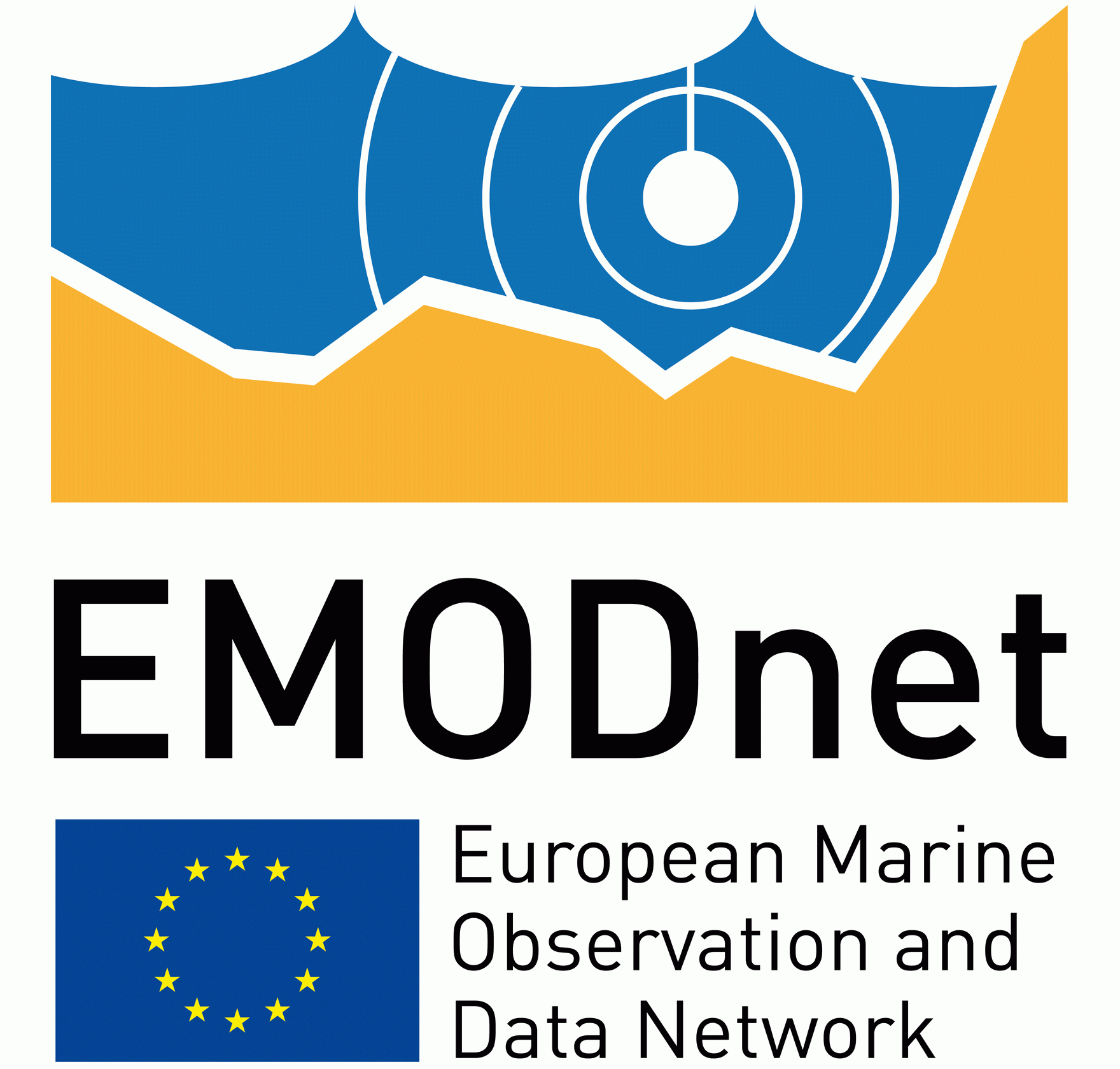
SP_EMODnetBiology
Contributing datasets to EMODnet Biology
Learning goals
- Gain understanding of the EMODnet Biology project and how it interlinks with other European and international initiatives in the field of biodiversity knowledge.
- Recognize the importance of sharing biological data, taking into account the FAIR principles.
- Develop skills to correctly format biological data to EMODnet Biology and EurOBIS formats.
- Gain knowledge on the required quality control steps and on the importance of interoperability.
Target audience
Anyone interested in marine biodiversity data.
This is a self-taught course that includes quizzes designed to help learners assess their own learning at regular intervals.
How to enroll
Please register on the OceanExpert website (www.oceanexpert.org). Once your OceanExpert account is approved (this is not done immediately), you can self-enroll in the course. If you already have an OceanExpert account, you can self-enroll in the course using your OceanExpert username and password.
First log in OceanTeacher, then access the course page and click on self-enrollment.
The enrolment key is EMODNETBio**2023
For any questions please contact the OTGA Secretariat (ioc.training@unesco.org) or the EMODnet biology secretariat bio@emodnet.eu" target="_blank" rel="noopener">(bio@emodnet.eu) always using the name of the course as email subject.
There are no tuition fees.
UNESCO is committed to promoting equal access principles. Applications from minority or underrepresented groups are strongly encouraged.
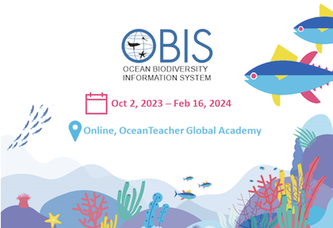
OBIS2023EN
Contributing and publishing datasets to OBIS (self-paced)
This training course is self-guided and designed to teach learners how to structure datasets to contribute to OBIS. The course will guide users step-by-step through the OBIS data life cycle, including: identifying an appropriate data structure, applying Darwin Core Archive formatting, conducting quality control steps, publishing data, and accessing data from OBIS. Watch the video below for a brief overview and introduction by the course instructor, Elizabeth Lawrence.
Learning goals
- Understand Darwin Core (DwC) standards
- Format datasets following DwC standards
- Publish datasets to OBIS using an IPT
- Access data that has been published to OBIS
Target audience
Anyone with marine biodiversity data interested in publishing data to OBIS, OBIS nodes, or those who need to review specific steps in the data publication process.
Learner assessment
This is a self-taught course that includes quizzes and exercises designed to help learners assess their own learning at regular intervals. In order to successfully complete the course and award a Certificate at the end, the following is mandatory:
- complete all lessons in each Module of the course;
- complete all quizzes (80% minimum score for each quiz, unlimited attempts for each quiz, 30-minute time limit for each attempt);
- submit the exercises and receive a minimum grade of 80%
Note: filling in the course feedback survey is mandatory to obtain the course certificate.
Pre-requisites:
- a working knowledge of English
- background knowledge in biological and marine sciences
- basic computer skills (either Windows or Mac systems)
- the ability to be self-directed in learning new technology skills (e.g. following a step-by-step tutorial, online video help, or access to support to learn necessary skills)
Technology requirements
To complete this course, participants should have access to:
- Latest version of either Chrome, Edge, Firefox, or Safari web browsers
- Access to internet
Course duration and format
The course will be delivered online between 2nd October 2023 and 29 February 2023, and may be reopened in 2025. The estimated time to complete the self-paced course is 30-40 hours.
To enrol, please register on the OceanExpert website (www.oceanexpert.org).
Once your OceanExpert account is Approved, you can self-enrol in the
course. If you already have an OceanExpert account, you can self-enrol
in the course using your OceanExpert user name and password.
The enrolment key is OBIS*MASTERCLASS
The course is available until 29 February 2024. Once enrolled, the course remains accessible after this date. OBIS nodes needing to complete training should contact helpdesk@obis.org.
Any specific questions about this course please contact: the OBIS secretariat (helpdesk@obis.org) always using the name of the course as email subject.
This training course has been developed with financial support from NORAD and LifeWatch ERIC.

SP_PacMAN eDNA 2023
PacMAN eDNA: Marine Invasive Species Early Detection: Utilising Molecular Tools_2023 (self-paced)
This training course will provide and introduction to sample collection and sorting, including taxonomy and processing for DNA extraction, eDNA and qPCR analyses, as well as a quick guide on the use of the bioinformatics for sequence analysis to in-country (Fiji) managers and technical staff.
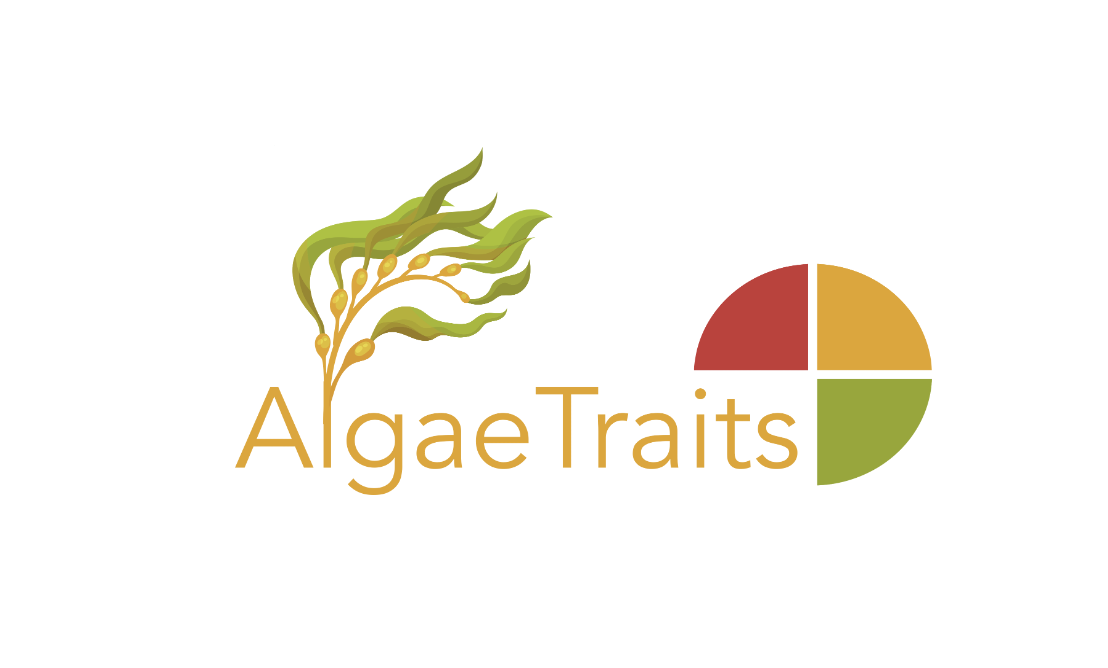
MAT_2022
AlgaeTraits: a trait database for (European) seaweeds
Through the online AlgaeTraits portal, editors have access to the Aphia platform (the database behind WoRMS) to add new traits and related non-taxonomic information, and to make changes to already existing records. With this course, the AlgaeTraits editors will become more at ease with the online AlgaeTraits editing interface and will learn how to use the available functionalities and tools to standardize their actions and improve the AlgaeTraits and WoRMS databases.
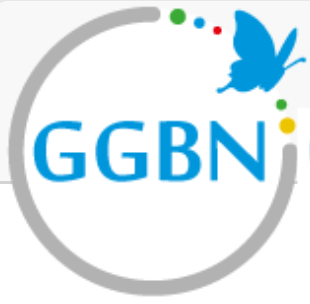
GGBN_2022
Data management and publication through the Global Genome Biodiversity Network (GGBN)
The training course provides an introduction to (genetic) data management and publication through the Global Genome Biodiversity Network (GGBN), as well as an introduction to the GGBN and the use of its data portal, the data standards and several case studies from Latin American institutions that have published data from different types of collections through the GGBN. The course purpose is to give the necessary foundations to professionals from Latin America to use the GGBN data infrastructure for publishing and giving visibility to the information they preserve.

PacMAN eDNA 2022
Marine Invasive Species Early Detection: Utilising Molecular Tools
This training course will provide and introduction to sample collection and sorting, including taxonomy and processing for DNA extraction, eDNA and qPCR analyses, as well as a quick guide on the use of the bioinformatics for sequence analysis to in-country (Fiji) managers and technical staff.
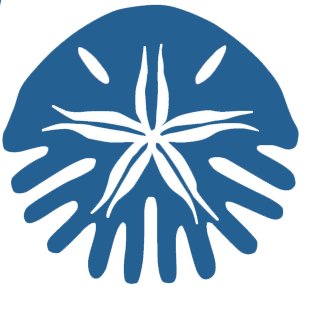
WoRMS_Editors_2022
World Register of Marine Species (for editors)
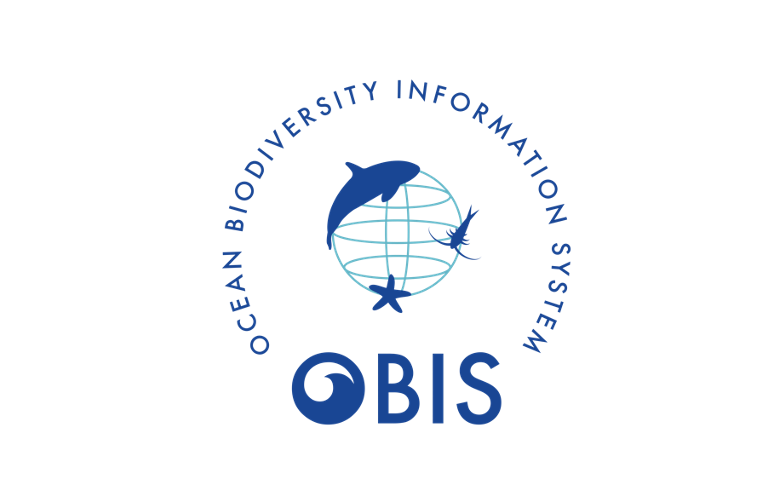
INVEMAR_OBIS2021
Publicación y gestión de datos de biodiversidad marina (The Ocean Biodiversity Information System - OBIS)
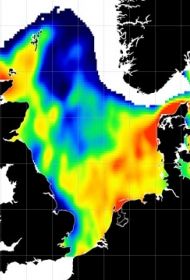
EMODnetBiology_2020

